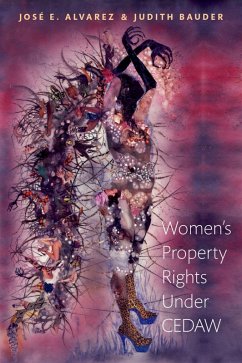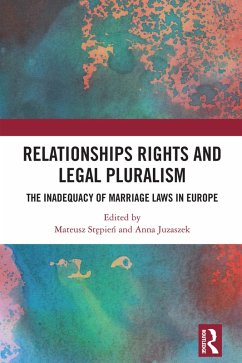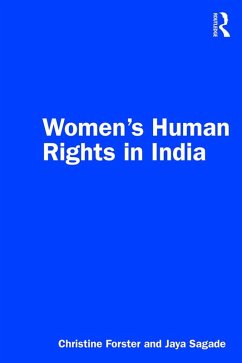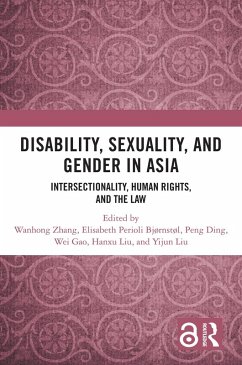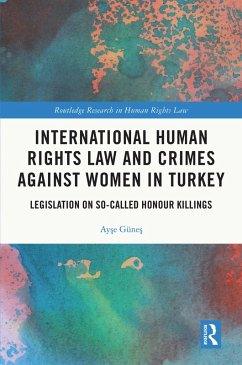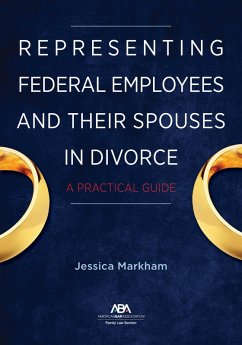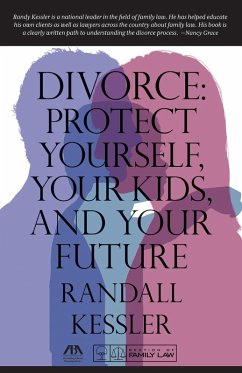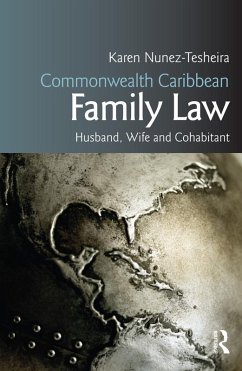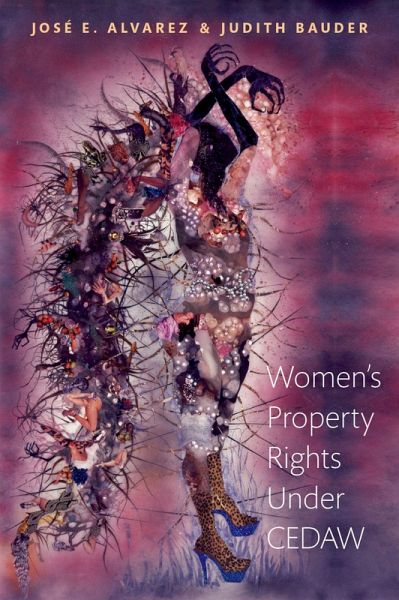
Women's Property Rights Under CEDAW (eBook, ePUB)
Versandkostenfrei!
Sofort per Download lieferbar
62,95 €
inkl. MwSt.
Weitere Ausgaben:

PAYBACK Punkte
31 °P sammeln!
The gender gap with respect to wealth and property is a chasm. For over 40 years, the leading international treaty body on women's rights, the Committee on the Elimination of All Forms of Discrimination Against Women (the CEDAW Committee), has been generating jurisprudence interpreting CEDAW's obligations that states protect the equal rights of women in relationships; family rights, including inheritance; rights to land, adequate housing, financial credit, social benefits, intellectual property, and other economic rights dependent on equal access to justice. This book uses the CEDAW Committee'...
The gender gap with respect to wealth and property is a chasm. For over 40 years, the leading international treaty body on women's rights, the Committee on the Elimination of All Forms of Discrimination Against Women (the CEDAW Committee), has been generating jurisprudence interpreting CEDAW's obligations that states protect the equal rights of women in relationships; family rights, including inheritance; rights to land, adequate housing, financial credit, social benefits, intellectual property, and other economic rights dependent on equal access to justice. This book uses the CEDAW Committee's own texts: its General Recommendations, Views in response to communications, Concluding Observations in response to State reports, and Reports on Inquiries. The book finds that CEDAW's vision of what it means for women to have equal rights to property is dramatically different from what many scholars consider to be the leading source of "the international law of property," namely the case law generated on behalf of foreign investors' property under the international investment regime. CEDAW's vision is also more far-reaching and nuanced than the gender equality approaches followed by international financial institutions like the World Bank, whose gender equality rhetoric exceeds its actual on-the-ground development efforts. While CEDAW's property rights converge with those protected under other international human rights regimes, they remain unique in addressing the underlying patriarchal structures, stereotypes, and forms of intersectional discrimination that have undermined the fundamental rights of women and girls and led to their continued impoverishment all around the world. This book concludes that CEDAW's re-engendering of property--although a flawed and evolving work in progress--has the potential to be transformative for the half of the planet who is more likely to be treated as property than to have any.
Dieser Download kann aus rechtlichen Gründen nur mit Rechnungsadresse in A, B, BG, CY, CZ, D, DK, EW, E, FIN, F, GR, HR, H, IRL, I, LT, L, LR, M, NL, PL, P, R, S, SLO, SK ausgeliefert werden.




